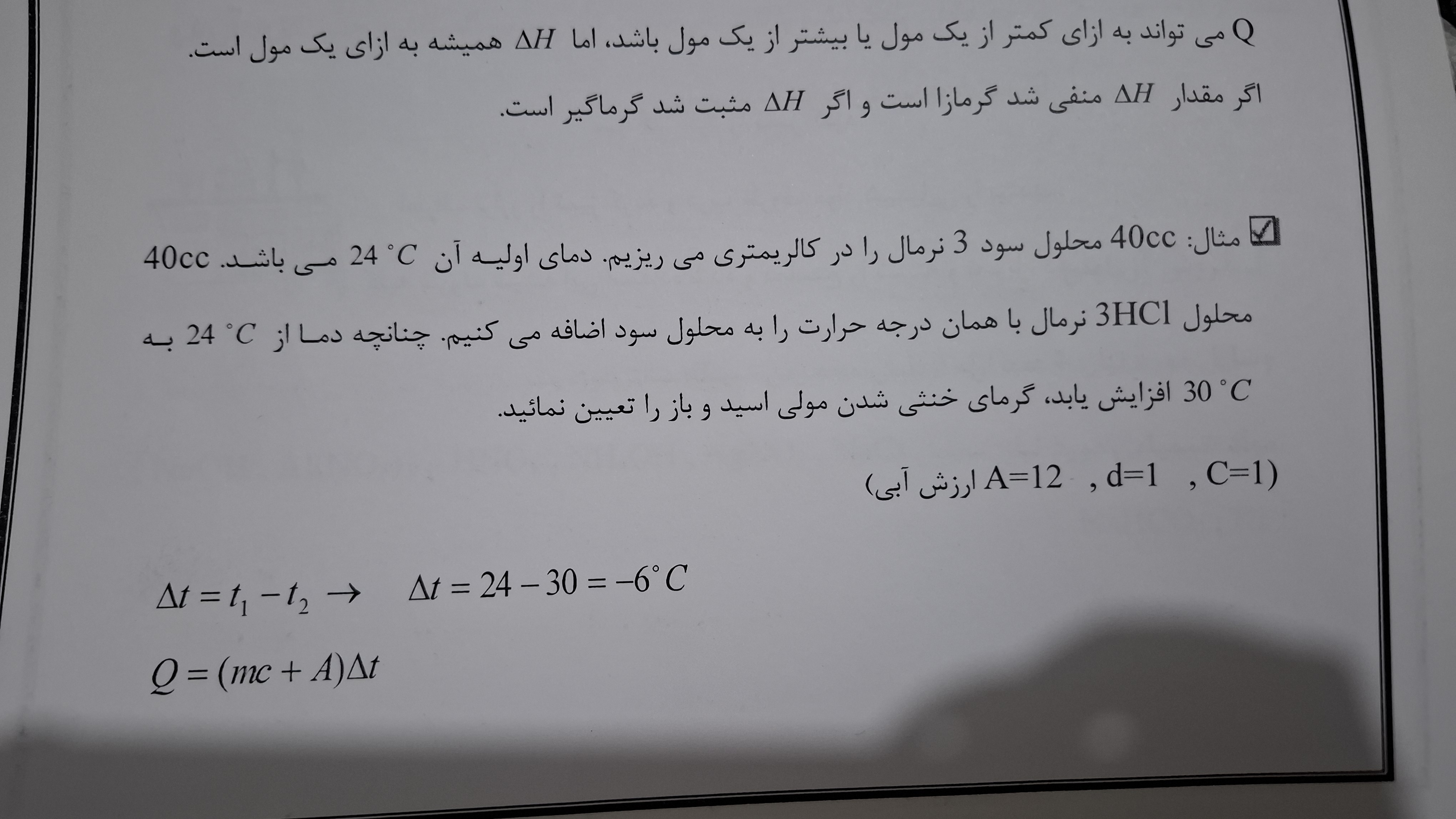Solve the equation involving variables a and h, where you need to analyze expressions like a = p, h = c. The context appears to deal with numerical values and possibly some physica... Solve the equation involving variables a and h, where you need to analyze expressions like a = p, h = c. The context appears to deal with numerical values and possibly some physical interpretation.

Understand the Problem
The question is asking to solve a mathematical equation or series of equations involving variables and constants, likely focusing on algebraic manipulation and solutions. It may require isolating variables and performing calculations to arrive at a final answer.
Answer
The value of \( V \) is \( -6 \).
Answer for screen readers
The value of ( V ) is ( -6 ).
Steps to Solve
-
Understand the equation
The given equation is expressed as $\partial(\mu + A) = 0$. This indicates that the total derivative of $(\mu + A)$ with respect to some variable is zero, implying that $\mu + A$ is constant. -
Substituting given variables
We are provided with $A = 30C$. By substituting this value into the derivative equation, we have:
$$\partial(\mu + 30C) = 0.$$
This implies $\mu + 30C = k$ where $k$ is a constant. -
Working with the second equation
The equation $A = 24 - 30$ yields $A = -6$. Since we have $A = 30C$, we can find $C$ by setting $30C = -6$:
$$C = \frac{-6}{30} = -0.2.$$ -
Finding value of A
Using the earlier derived value of $C$, substitute back into the equation for $A$:
$$A = 30(-0.2) = -6.$$
This confirms the relationship. -
Identifying value for V
From the last part of the question, we see $V = A$, therefore we state:
$$V = -6.$$
The value of ( V ) is ( -6 ).
More Information
This solution shows how to handle derivatives and relationships between variables. Identifying constants and coefficients effectively simplifies the problems and leads to solutions in algebraic contexts.
Tips
- Failing to correctly substitute values into the equations.
- Not recognizing the implications of derivatives being equal to zero, which suggests constancy.
AI-generated content may contain errors. Please verify critical information